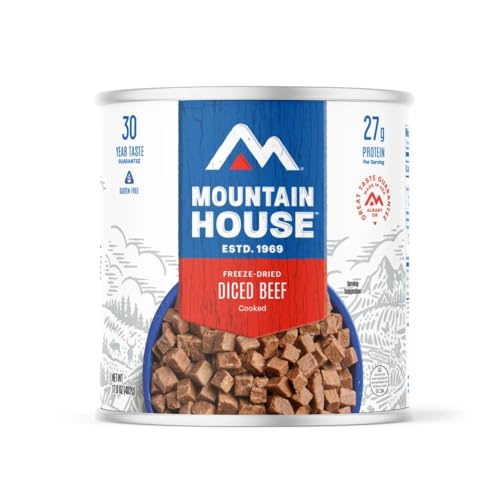After much internal deliberation, I have decided to go with a wood stove for my heating system. Originally I thought it was going to be much too expensive, but I've realized after all is said and done it could actually be a much less expensive way to heat. Plus it's actually safer, and dry heat will help keep my van moisture free. the cubic mini wood stove "cub" style is my choice along with the wall mount to match. This is about a 600$ investment to have it shipped. Is this a smart idea?
Does anyone have experience installing a wood stove / wall mount? Any advice or corrections to my idea are welcome. Thanks!
Does anyone have experience installing a wood stove / wall mount? Any advice or corrections to my idea are welcome. Thanks!
































































